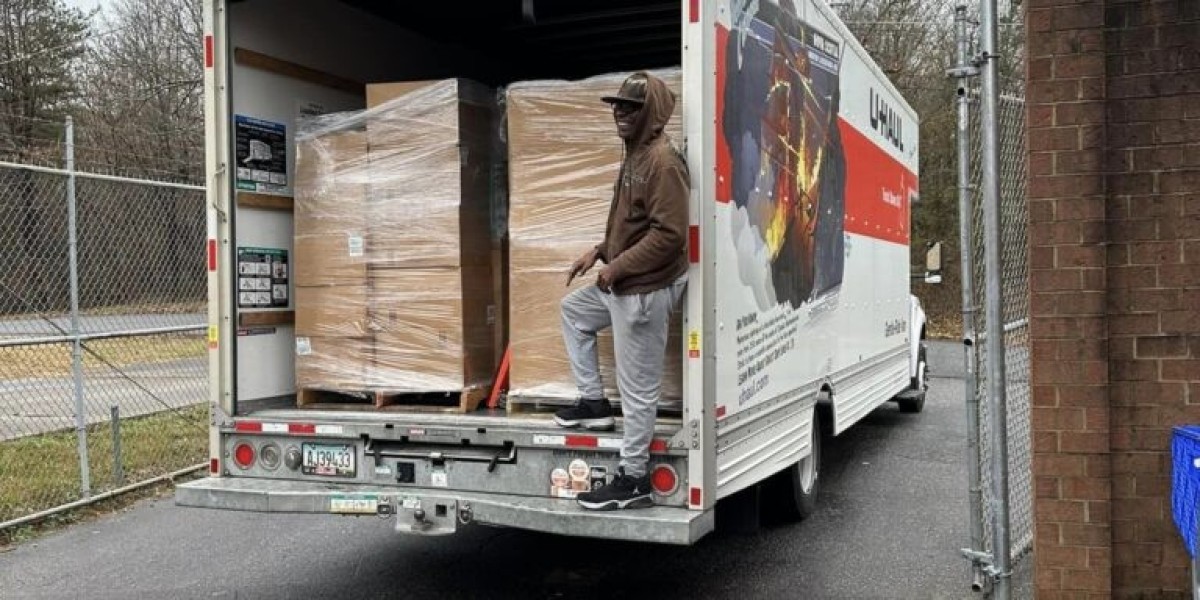Sustainability in the cement sector not only helps protect the environment but also aligns with global trends toward reducing carbon footprints and improving energy efficiency.
Energy Efficiency
Bangladesh’s leading cement companies are adopting energy-efficient kilns and production processes to reduce power consumption. By lowering energy usage, they help reduce greenhouse gas emissions, making their operations more eco-friendly. Some companies have also invested in renewable energy sources to further decrease their reliance on non-renewable resources.
Use of Alternative Fuels
Cement production traditionally requires a large amount of energy, but forward-thinking companies are turning to alternative fuels such as biomass and industrial waste to cut down on fossil fuel consumption. This reduces both production costs and the carbon footprint of cement manufacturing.
Recycling and Waste Reduction
Many cement companies in Bangladesh are integrating waste materials into their production processes. For example, fly ash and slag, which are by-products of other industrial activities, are increasingly being used as raw materials for cement production. This not only reduces waste but also lessens the environmental burden caused by mining for natural raw materials.
Reducing CO2 Emissions
A significant aspect of sustainability in cement production is the reduction of carbon dioxide emissions. Companies like Mir Cement are focusing on adopting innovative technologies to limit CO2 output during the cement manufacturing process. This is crucial, as the cement industry is one of the largest industrial contributors to global CO2 emissions.
Green Building Initiatives
Sustainability efforts are also extending to the promotion of green building materials and environmentally friendly construction practices. High-quality, durable cement can reduce the need for repairs and replacements, minimizing the overall environmental impact of construction projects over time.
Conclusion
Sustainability in Bangladesh’s cement industry is an ongoing effort, with leading companies actively pursuing initiatives to reduce their environmental footprint. By embracing energy-efficient production, alternative fuels, recycling, and CO2 reduction, the industry is moving toward a more sustainable future. As construction continues to boom in Bangladesh, these practices will play an essential role in balancing development with environmental responsibility.
For more information on sustainable cement solutions, visit Mir Cement.













